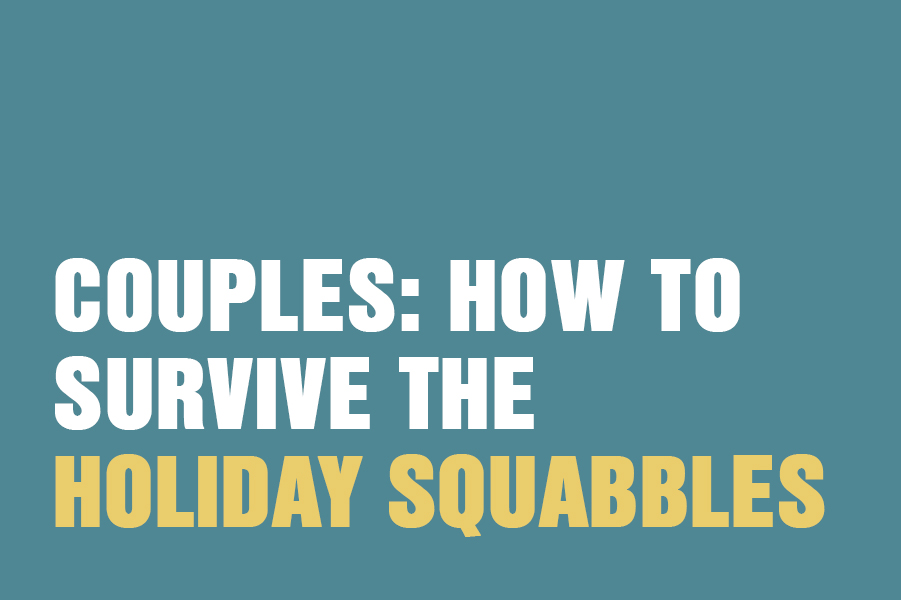Throughout Covid-19, many young adults have taken the decision to move back in with their parents. This might be a temporary move as a plight to get out of the overcrowded capital, or a longer-term move due to redundancy. However, this is not a Covid-specific phenomenon. The UK thinktank, Civitas, has reported that the proportion of people aged 20 to 34 who live with their parents has risen from 19.48% in 1997, equating to 2.4 million people, to 25.91% in 2017, equating to 3.4 million.
Whatever the reason, moving back in with your parents, as an adult, can have some interesting psychological impacts.
The psychological impact
Infantilization is defined as the act of infantilizing, the act of prolonging an infantile state in a person by treating them as an infant.
No matter how independent you are when living alone or with friends, it is quite common to psychologically regress when moving back in with your parents.
What can sometimes happen is the parent reverts to parent-mode while the adult child struggles for independence. This can lead to the parent being frustrated that their child isn’t following certain rules or deferring to the parent on certain things.
Other times, the adult child reverts to child-mode expecting to be waited on, while the parent struggles for their freedom. This can lead to shouting matches – the adult version of temper tantrums.
What can happen is that one can impact the other, so that the parent reverting to parent-mode, in ways such as cooking all meals, tidying up, imposing rules, and so on, can make the adult child revert to a child-like mode of expecting to be taken care of, or reacting to simple questions with grunts of acknowledgement or outbursts of rage.
Tips for harmonious living:
1. Have a formal agreement
When moving back in with your parents, it can be extremely helpful to have a formal agreement set up and to ensure that everything is clear. For example, will you pay rent? If so, how much? Will you contribute to household expenses? Will you cook your own meals or eat with your family? Will you be expected to contribute to household tasks such as cooking or cleaning? If so, how often?
Having such things overt and clear from the beginning can help to avoid arguments further down the line.
2. Have an end date in mind
Having a moving out date in mind can, again, be exceptionally helpful. It gives you something to work towards, provides motivation for saving money and looking for your own place, and it also keeps others’ expectations clear. For example, you might have a parent or step-parent who isn’t ecstatic that you are back home, and having a moving out date in mind might help them to be more accepting of your living there in the present.
The end date does not necessarily need to be set in stone but having something to work towards can help to keep you motivated and moving forwards.
3. Don’t take advantage
It can be greatly beneficial to the peace in the household to show willing when it comes to contributing. If you aren’t able to contribute financially on a regular basis, perhaps you can show willing by sporadically doing a weekly food shop. If you aren’t able to do this, then helping out around the house can have the same impact.
This is partly about not taking advantage of your parents’ generosity, but it can also go a long way to avoiding the infantilization described above.
4. Have financial plan
If you have moved back home because of financial troubles, you might find yourself in awkward financial discussions with or feeling judged by your parents when you spend money. Your parents are likely making their own financial sacrifices by covering some of your costs, and so they are likely to be upset or annoyed if they see you spending money on seemingly unnecessary things. Having a debt-payoff or savings plan, and sharing this with your parents, can help to eliminate some of this judgement and shows your parents that you are taking the situation seriously.
5. Open communication
Communicating openly with your parents, and siblings if they are also at home, can stop any potential problems from escalating. Small frustrations can turn into grudges or even full-blown fights if they aren’t addressed. Look at it like a balloon and small gripes as the air filling the balloon. If you don’t let some of the air out in a controlled way, the balloon will burst.
Call our Front of House team on 020 8673 4545 or email [email protected] if you’d like to speak to a counsellor, psychotherapist or psychologist. We have sessions available seven days a week, by phone and online – and some of our therapists are also returning to offer face-to-face sessions at our centres in Clapham and Tooting.








